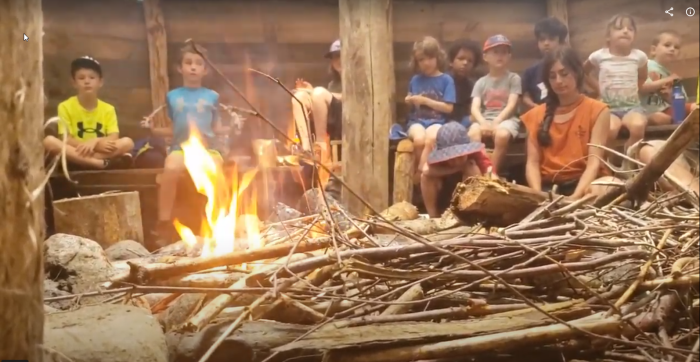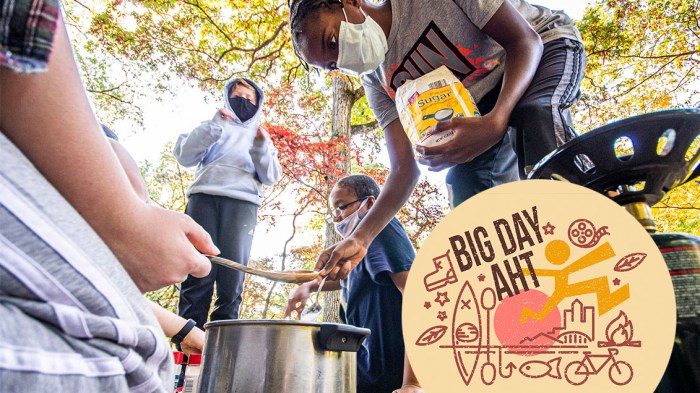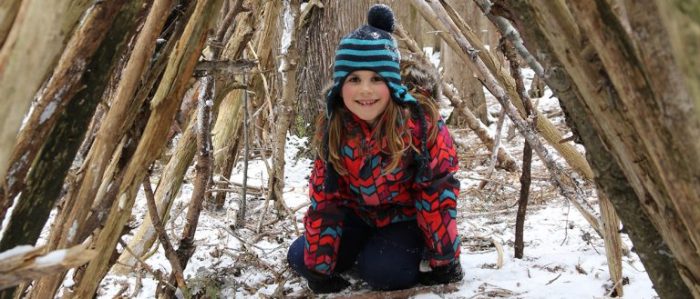Survival skills workshops are psychoeducational programs directed at empowering individuals with essential knowledge and techniques to navigate challenging situations and enhance their resilience. These workshops delve into the psychological aspects of survival, recognizing the interplay between mental fortitude and practical skills.
By fostering a deep understanding of survival principles and cultivating psychological resilience, these workshops equip participants with the tools to overcome adversity, adapt to unforeseen circumstances, and emerge stronger.
Overview of Survival Skills Workshops
Survival skills workshops are psychoeducational programs aimed at equipping individuals with the knowledge and skills necessary to survive in challenging or emergency situations. They are designed to foster self-reliance, problem-solving abilities, and a sense of empowerment in participants.
The importance of these workshops has grown significantly in today’s society. With increasing urbanization and reliance on technology, many people lack the essential skills needed to navigate unpredictable or dangerous environments.
Types of Survival Skills Covered

Survival skills workshops typically cover a wide range of topics, including:
- Navigation and map reading:Finding one’s way using maps, compasses, and natural landmarks.
- Shelter construction:Building temporary shelters for protection from the elements.
- Fire starting and management:Creating and maintaining fires for warmth, cooking, and signaling.
- Water purification:Obtaining and treating water from various sources.
- First aid and medical emergencies:Basic medical knowledge and techniques for treating injuries and illnesses.
- Foraging and edible plant identification:Identifying and consuming edible plants in the wild.
- Hunting and trapping:Acquiring food sources through hunting or trapping techniques.
Psychoeducational Approach
Survival skills workshops adopt a psychoeducational approach, recognizing the importance of both psychological and practical skills in survival situations.
Psychological principles play a crucial role in developing survival skills, including:
- Stress management:Techniques for managing stress and anxiety in high-pressure situations.
- Decision-making:Strategies for making rational and effective decisions under time constraints.
- Problem-solving:Skills for identifying and solving problems creatively.
- Resilience:Developing a mindset of perseverance and adaptability.
Target Audience
Survival skills workshops are designed to cater to a diverse target audience, including:
- Outdoor enthusiasts:Individuals who enjoy hiking, camping, or other outdoor activities.
- Emergency responders:Professionals who may encounter survival situations in their line of work.
- Military personnel:Soldiers who need to be prepared for various survival scenarios.
- General public:Individuals who want to enhance their preparedness for unexpected events.
Benefits of Attending Workshops: Survival Skills Workshops Are Psychoeducational Programs Directed At

Attending survival skills workshops offers numerous benefits, including:
- Increased self-reliance:Participants gain confidence in their ability to survive in challenging environments.
- Improved problem-solving skills:Workshops teach strategies for adapting to unforeseen circumstances.
- Enhanced resilience:Participants develop a mindset of resilience and perseverance.
- Personal growth:Workshops provide opportunities for personal growth and self-discovery.
Structure and Format of Workshops
Survival skills workshops vary in their structure and format, but typically involve:
- Duration:Workshops can range from one-day to multi-day programs.
- Location:Workshops are often held in outdoor settings, such as forests or mountains.
- Activities:Workshops include a combination of lectures, demonstrations, and hands-on practice.
ors and Facilitators

Effective survival skills workshops require qualified ors and facilitators who possess:
- Expertise in survival skills:Demonstrated proficiency in various survival techniques.
- Teaching experience:Ability to effectively convey knowledge and skills to participants.
- Interpersonal skills:Strong communication, leadership, and empathy.
Evaluation and Assessment
The effectiveness of survival skills workshops is evaluated through various methods, including:
- Participant feedback:Surveys and testimonials from participants provide insights into the workshop’s impact.
- Performance assessments:Practical exercises and simulations assess participants’ skills and knowledge.
- Follow-up studies:Long-term studies track participants’ retention of skills and changes in preparedness behaviors.
Case Studies and Success Stories
Numerous case studies and success stories demonstrate the positive impact of survival skills workshops:
- Example 1:A hiker who attended a workshop was able to use fire-starting techniques to signal for help after getting lost in a remote area.
- Example 2:A group of campers used water purification methods learned in a workshop to avoid dehydration during an extended backpacking trip.
Future Directions and Innovations

The field of survival skills workshops is constantly evolving, with new trends and innovations emerging:
- Technology integration:Use of mobile apps, GPS devices, and other technology to enhance navigation and communication.
- Specialized workshops:Workshops tailored to specific scenarios, such as urban survival or wilderness medicine.
- Virtual reality simulations:Immersive simulations to provide realistic training experiences.
FAQs
What is the primary focus of survival skills workshops?
Survival skills workshops prioritize the development of both practical survival skills and psychological resilience, empowering individuals to navigate challenging situations.
Who are the target participants for these workshops?
Survival skills workshops cater to a diverse audience, including outdoor enthusiasts, adventure seekers, individuals preparing for emergencies, and anyone seeking to enhance their personal resilience.
How do these workshops incorporate psychological principles?
Survival skills workshops integrate psychological principles into their curriculum, recognizing the critical role of mental fortitude in survival situations. They teach coping mechanisms, stress management techniques, and strategies for maintaining a positive mindset under pressure.